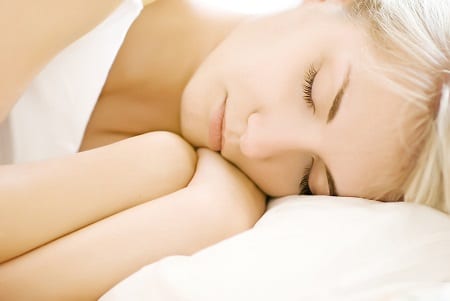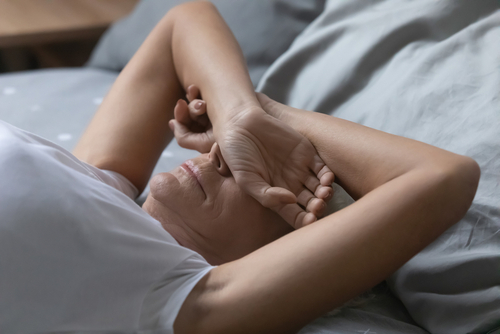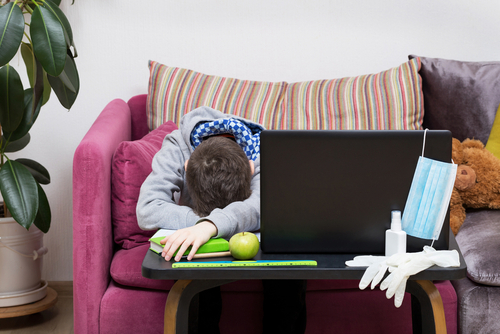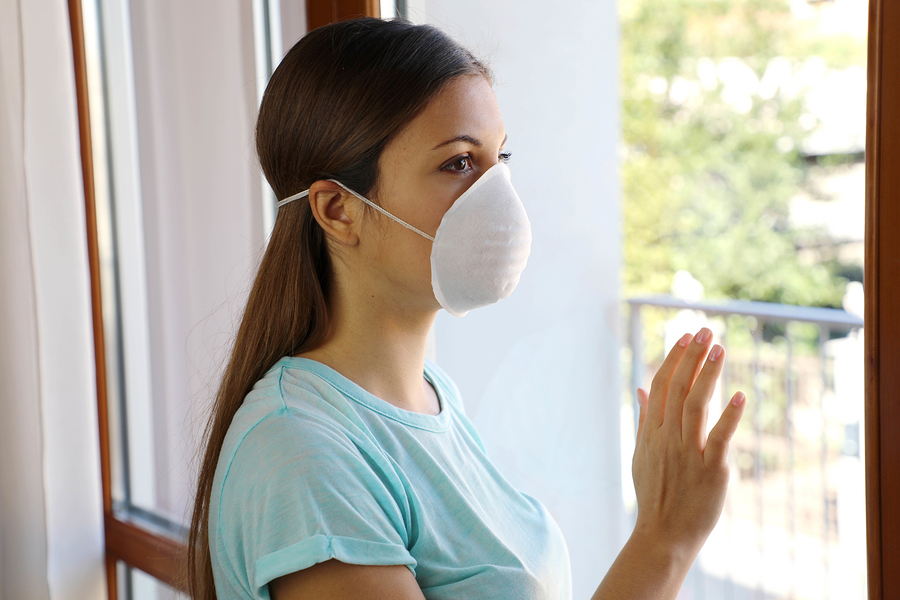Our body and brain are designed to repair and restore as we sleep. This process also occurs overnight in our skin. Most of us for example will be able to relate to baggy eyes after a poor night of sleep. This is just one of the tell tale signs of skin problems which arise with lack of sleep .
Sleep and Skin repair
There is a number of key changes which occur as we sleep to aid skin repair .
Blood flow to the face increases as we sleep
One of the main changes which occurs at night is that we have an increase in blood flow to the skin. This sets up the whole skin repair process.
Antioxidants are produced when we sleep
Our bodies also produce Antioxidants during sleep. Amongst a host of benefits throughout our body, antioxidants help to protect the skin from UV light. Antioxidants also help to remove free radicals from the skin which are notorious for their contribution to early ageing.
Hormone levels change when we sleep
There are also two main nightly hormonal changes which have a direct impact on the skin. The first is Growth Hormone, a repair hormone, which increase in production overnight. The second is Cortisol, a stress hormone, which decreases in production overnight. Less Cortisol means there is less cell destruction whilst you sleep.
Poor quality sleep undermines these natural changes. Instead we have a decrease in Growth hormone production and at the same time an increase in Cortisol. These changes then have the exact opposite of the positive effects of sleep on the skin. Poor sleep thus encourages ageing rather than rejuvenation
Growth Hormone and the skin
Within the skin, Growth Hormone’s main function is to repair to damaged cells. Growth hormone also stimulates cell production and allows the skin to recover moisture. This is important as the skin looses water overnight. Growth hormone is also involved in maintaining skin elasticity. With a lack of sleep, we disrupt these processes.
Cortisol and the skin
One of Cortisol’s roles in the body is to break down cells. As we sleep we get a reduction in Cortisol and a reduction in cell breakdown. This then allows our skin to naturally regenerate. However, with a lack of sleep, we get an increase in cortisol. As the cortisol increases, cell destruction increases too. This includes the breakdown of the skin protein Collagen. Collagen is key in helping your skin look young and fresh and elastic in tone.
Top tips for sleep and skin repair
1) Use Soft Pillow cases.
Soft pillow cases and sheets, such as silk are gentler on your skin. This helps prevents wrinkles as you lie on them. Avoid lying face down which can cause wrinkles and is a poor posture for your neck.
2) Change your linen regularly.
Freshly clean pillow cases will stop bacteria and oil build up on them over time. This prevents them being reintroduced to the skin as you sleep. This is especially important if you are prone to acne.
3) Always wash your face before bed.
Washing your face removes make up and pollutants from your skin. It also makes sure your pores don’t get blocked up
4) Hydrate your skin overnight.
Water loss from our skin (trans-epidermal water loss) is greatest at night. Using a quality moisturising product at night will put hydration back. In addition, have a glass of water by your bedside. Drink this first thing in the morning or if you awake in the night.
5) Fruit and Vegetables provide natural hydration
They are also great for providing anti-ageing nutrients called Anti-oxidants
6) Drink through the day
Water makes up nearly two thirds of our skin. Good hydration therefore naturally leads to good looking healthy skin. Increase your water intake in the day, rather than close to bedtime. Drinking too late can mean trips to the bathroom.
7) Swap tea or coffee for water or juice
Swap your morning coffee or tea first thing for filtered water or fresh fruit, or fresh fruit juice such as Orange Juice. All of these will hydrate you, providing moisture for your skin. Tea and coffee however are diuretics which dehydrate you. Fruit has the extra benefit of providing your skin saving Antioxidants. Citrus fruits of course have Vitamin C in them which s especially important for the skin.
8) Dry brush you skin
After you have had your bath or shower towel yourself dry. Next put a few drops of body oil on a soft brush. Brush gently upwards from the feet to the heart in circular motions. This detoxes, exfoliates and moisturises your skin, giving it an incredible glow
9) Eye masks help too
Eye masks are great for blocking out light, and can protect your skin too. If you tend to get creases over-night from the pillow pushing into your face then try using an eye mask. Silk eye masks are especially good as they lock in the moisture
10) Humidifiers are great too
If you find that the air in your room feels dry at night then try using a humidifier. Moisture in the air can prevent your skin from drying out.









